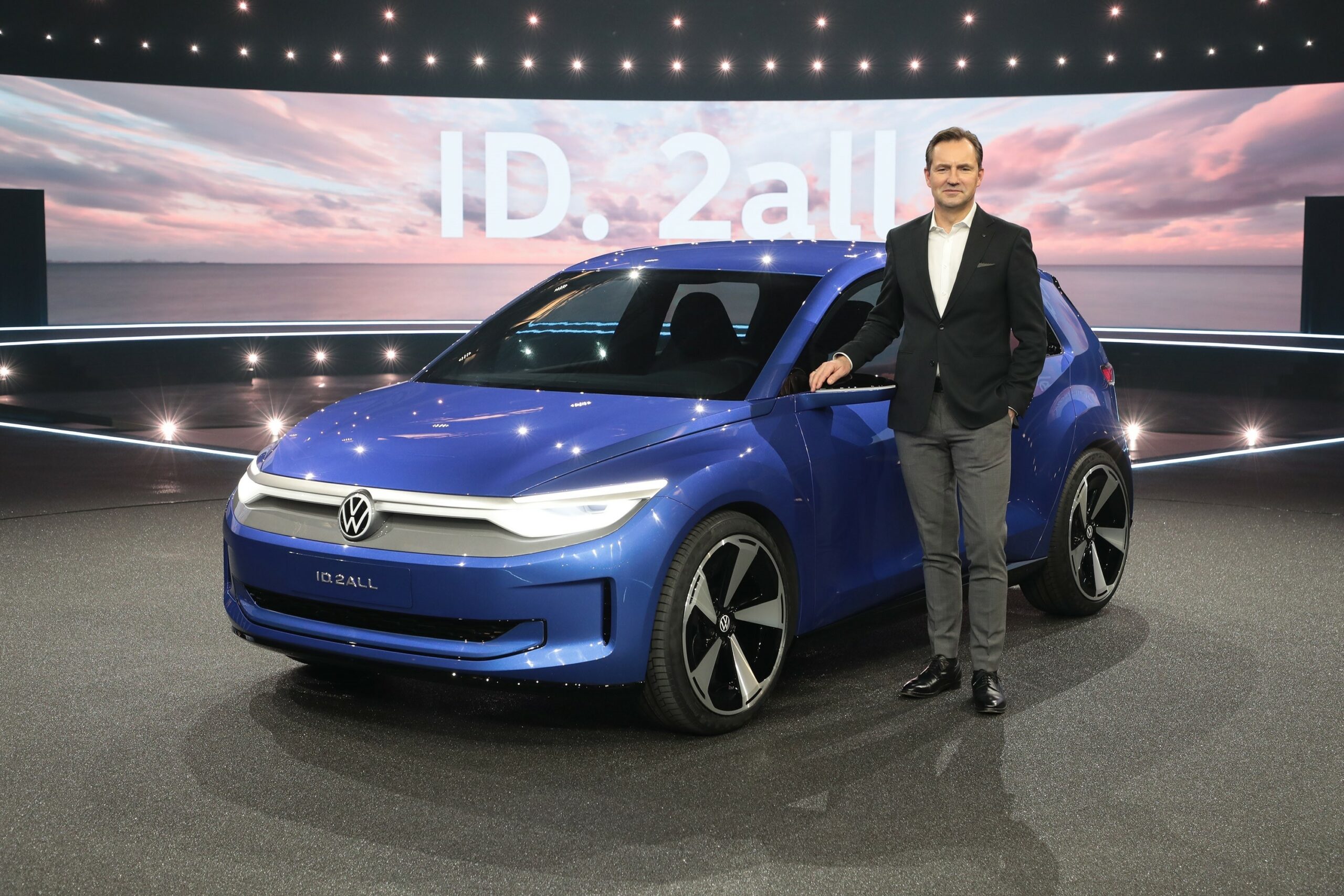
Key to VW’s affordable ID.1 is ‘where to build it’

The ID.1 will follow one year after the scheduled launch of the ID.2 (pictured above) /Volkswagen
At the annual media call 2024, Volkswagen brand CEO Thomas Schäfer unveiled more details on the upcoming €20,000 ID.1. The most affordabl


Comments
Ready to join the conversation?
You must be an active subscriber to leave a comment.
Subscribe Today